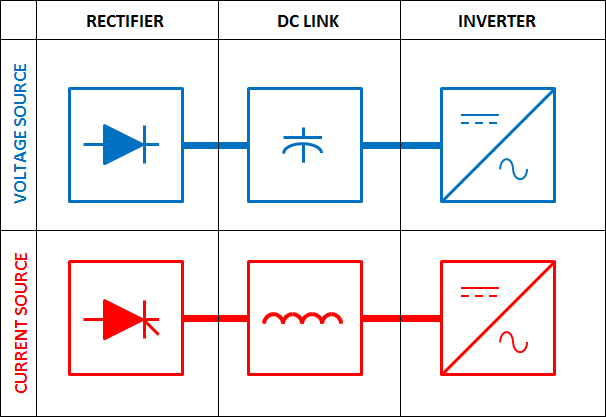Before the advent of computers, variable speed drives, soft starters and other non-linear loads, the only source of harmonics in power systems are industrial plants using arc-furnaces. These arc-furnaces require so much power that main power lines are used to supply them which is totally separate from other consumer circuits. This means that harmonics will never get into house holds or other electric consumers.
The neutral current of a power system during this time was only the unbalanced current on the three phases specifically those supplying single phase loads. This is the reason why neutral conductor was sized lower than the phase conductors.
At present times when harmonics generating equipments are every where even in homes, the requirements for sizing neutral conductor changed from a reduced neutral to full sized neutral. In some instances, the neutral conductor may even be larger than phase conductors depending on the amount of harmonics in the system.
The increased size of neutral conductor solves the problem of heating due to harmonics. Is this the right solution? The answer maybe yes or no, depending on how you see it.
Yes, because the neutral conductor can handle safely the effects of harmonics currents. No, because the problem of harmonics is still there, it was never solved.
Equipment manufacturers are now trying to deal with reducing harmonics generated by their equipment. Variable speed drives for example, filters and active front end systems are being utilized. On the bad side, these technologies adds cost to the project. And to add insult to injury, these harmonics mitigation methods are very expensive. Only time will tell if these method will be within the reach of every end user.
Meantime, increasing the neutral conductor is the cheapest method to handle this. As standards and power utilities have requirements on the harmonics contribution of a power consumer which need to be complied with, increasing the neutral conductor may only be the tip of the ice berg.
